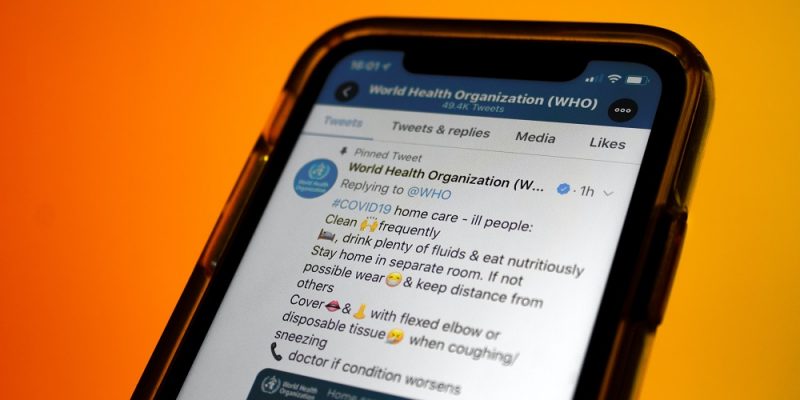 Attackers Turn Struggling Software Projects Into Trojan Horses
Attackers Turn Struggling Software Projects Into Trojan Horses
On Dec. 4, users of a simple Android program — a barcode scanner — started witnessing odd behavior when their smartphones suddenly began opening up their browser to display unwanted advertisements. While the devices exhibited the hallmarks of a malware or adware infection, the compromises puzzled most users since they had not recently downloaded new…









